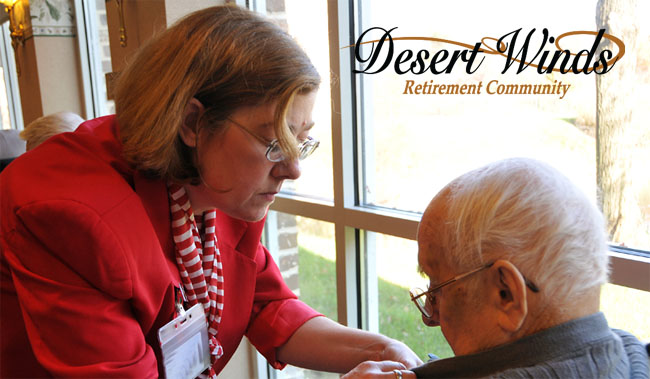Independent Living Facility Costs In Arizona 2026
Independent living communities are still a popular choice for older people who want to stay independent but not have to worry about upkeep. Independent living is still one of the least expensive choices for senior housing in Arizona, where many retirees choose to live because of the warm weather and busy lifestyle. Families can confidently plan for the future if they know what prices will be like in 2026.
Average Independent Living Costs in Arizona
Depending on where they are located, the size of the room, and the services they offer, most independent living communities in Arizona will cost between $2,200 and $4,000 per month in 2026. In more rural places, smaller flats or one-bedroom apartments may be near the lower end of this range. On the other hand, bigger units or communities with lots of services may cost more.
Most of the time, independent living is cheaper than assisted living because residents don’t need medical or personal care every day. Instead, the focus is on ease of use, social interaction, and a safe and relaxed space.
What Is Included in Independent Living?
When you live in an independent living community, your monthly fees usually cover a lot of services that make your life easier. These usually consist of:
- Fixing and maintaining things
- Gardening and cleaning up the grounds
- Cleaning the house or doing light cleaning
- Set times for transportation
- Meal plans or places to eat
- In some places, utilities
With these services, residents don’t have to worry about many of the everyday tasks that come with owning a home. Instead, they can focus on having fun, staying active, and making friends.
Factors That Affect the Cost
There are a few main things that affect how much it costs to live alone in Arizona.
Location, Location, Location!
There may be higher monthly rates in communities in Phoenix, Scottsdale, or Tucson than in communities in smaller places. Smaller communities, on the other hand, often offer great value while still having good services and benefits.
Apartment Size and Layout
The monthly rent generally goes up for flats that are bigger, have better views, or have better finishes. Most of the time, residents can pick from a number of different floor plans that fit their needs and price.
Amenities and Lifestyle Offerings
Some communities may charge more, but they offer more activities and services. Communities with lots of leisure areas, health programs, or dining options may be more expensive.
Making Plans for Living on Your Own
A lot of people start thinking about living on their own before they have to. Seniors can choose a neighborhood that fits their budget, lifestyle, and long-term goals if they plan ahead instead of having to make a quick choice.
Desert Winds Retirement Community has choices for independent living that are meant to provide comfort, ease, and an interesting lifestyle in a friendly setting. The Desert Winds team can help you learn more about independent living in Arizona, set up a tour, and find a place to live that fits your wants and goals.
Independent Living In Peoria, Arizona
There will be a time in our lives where having a little help when we need it will give us peace of mind. Having peace of mind isn’t just for your loved ones, it is for your friends and family knowing that your loved ones have trained staff to help with what they need. Having their own apartment with trained and experienced staff around makes retirement years enhanced with socialization and activities.
If it is time for a change, contact us at SLS Communities about what location is best for your loved one. Give us a call today at 623-343-5830 or schedule a free tour of our independent living facility in Peoria, Arizona. Make sure you download our independent living checklist.





